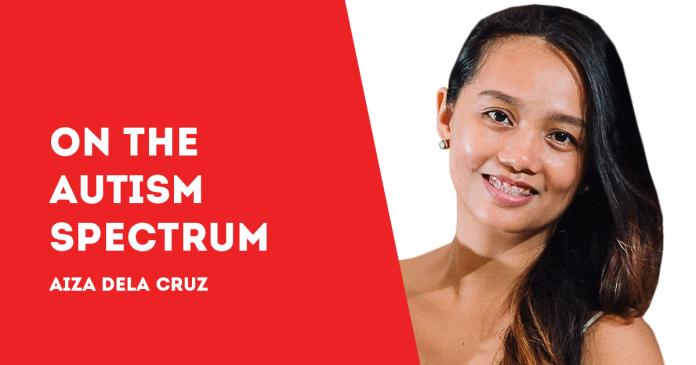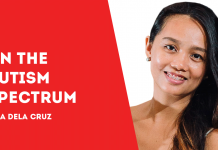
BY AIZA DELA CRUZ
A READER has asked me this question because her family refuses to listen to her concerns regarding her child. She believes her child is autistic and would like to see a specialist. Her family got angry at her for insisting that the child is “abnormal” when he is “normal”.
Why is there such a big fuss about “normalcy”? Why are children being categorized as “normal” and “abnormal”?
English pediatrician and psychoanalyst Donald Woods Winnicott, who was known in the field of object relations theory and developmental psychology, explained that there are two meanings to the world normal. The first one is useful to psychologists, who need a standard, and has to call everything that is not perfect as abnormal. The other meaning is useful to doctors, parents, and teachers when they want to describe a child who will likely grow up into a satisfactory member of the society despite problems in behavior. He stressed that normality in children’s behavior is difficult to define accurately.
Some people may define a “normal” child as one who can speak and interact with anyone. For others, it is when a child does not display uncommon behavior. It is all confusing semantics, depending on who you ask.
Autism is a broad spectrum, from a non-verbal with various comorbidities completing college to a hyperlexic who has a passion for trains to a math genius or art prodigy, that you cannot describe an autistic person in just one word.
People nowadays like to compartmentalize everything, separating things and people into simplistic categories such as “normal” and “abnormal” when there are so much more to the individual. Each individual is different. It is the same with autistic individuals. Autistics are not all Sheldon Coopers, or Temple Grandins, or Elon Musks. Such labels and stereotypes undermine the individual. Each autistic has his own characteristics, personality, capabilities, etc. This is human neurodiversity.
Dr. Thomas Armstrong, an award-winning author who writes about neurodiversity and multiple intelligences, emphasized that we should recognize and speak about differences in cognitive functioning instead of our deficits, disease, or dysfunction in mental processing.
As Temple Grandin always says in her talks, “there needs to be a lot more emphasis on what a child can do instead of what they cannot do”.
We, especially the family, should focus on the abilities, capabilities, and interests of a child instead of the disability. “All things are possible . . . Love and acceptance is key. We need to interact with those with autism by taking an interest in their interests,” Amanda Rae Ross, who advocates for her autistic younger brother, explained.
Autism is a neurodiversity, a different way of how the brain works, a difference in brain functioning. It does not make a person less or lacking.
Human abilities and capabilities are limitless. Just as there are different races, skin colors, heights, and weights, there are also different kinds of brains. We have to accept and speak about our differences to empower our own individuality and uniqueness. Thus, we cannot just group and limit ourselves as “normal” or “abnormal”.
I enjoin everyone to have more compassion and understanding for all children with different abilities.
I would also like to hear the experiences of other parents who have children on the autism spectrum. You may email me on genevieveaiza.delacruz@gmail.com. I am a member of the Autism Society Philippines (ASP), a national non-profit organization dedicated to the well-being of persons on the autism spectrum disorder./PN





